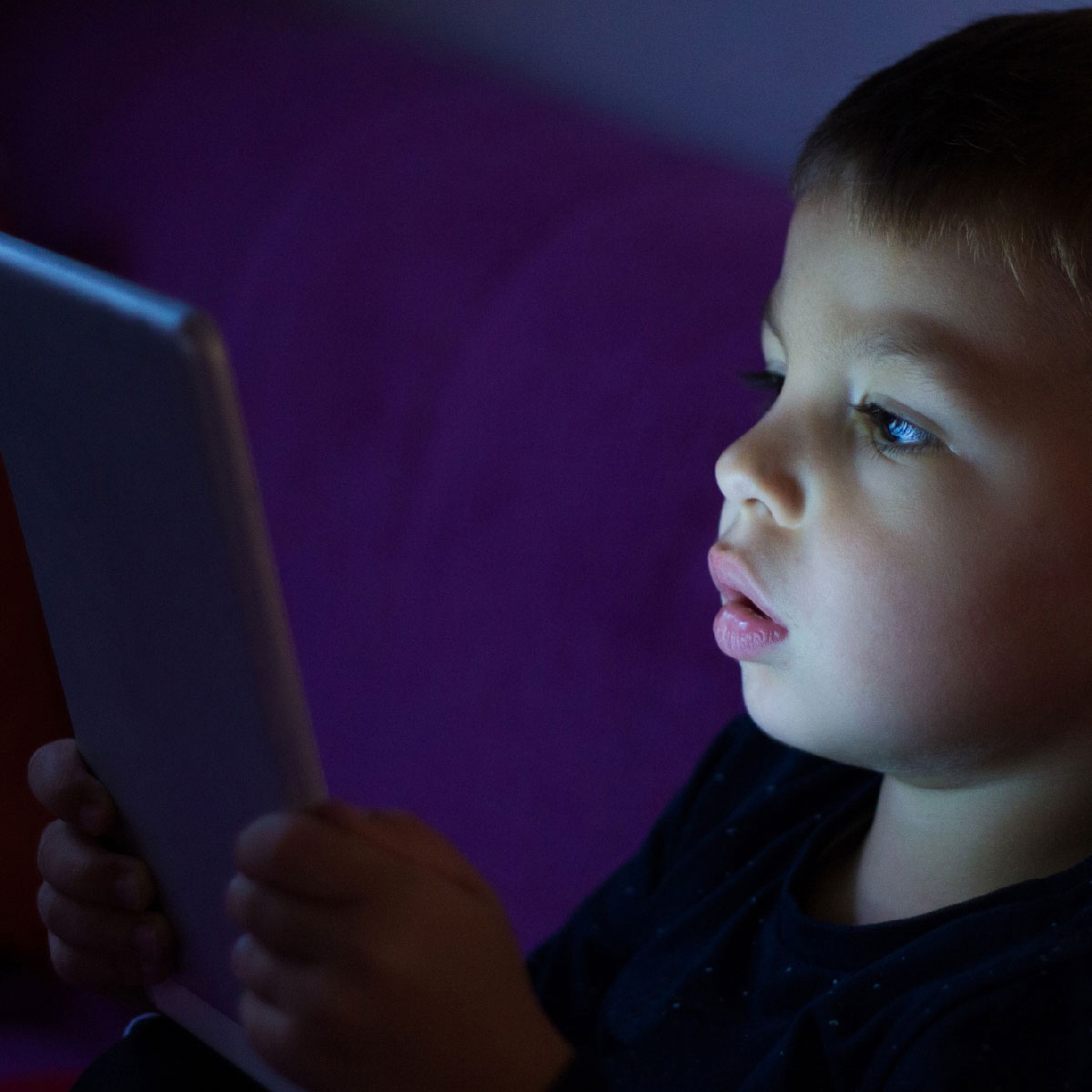In this review
Lorem ipsum dolor sit amet, consectetur adipiscing elit. Suspendisse varius enim in eros elementum tristique. Duis cursus, mi quis viverra ornare, eros dolor interdum nulla, ut commodo diam libero vitae erat. Aenean faucibus nibh et justo cursus id rutrum lorem imperdiet. Nunc ut sem vitae risus tristique posuere.
Lorem ipsum dolor sit amet, consectetur adipiscing elit. Suspendisse varius enim in eros elementum tristique. Duis cursus, mi quis viverra ornare, eros dolor interdum nulla, ut commodo diam libero vitae erat. Aenean faucibus nibh et justo cursus id rutrum lorem imperdiet. Nunc ut sem vitae risus tristique posuere.
Heading
New research is reinforcing what many parents already suspect: too much screen time can negatively impact young children’s sleep—and that disrupted sleep may, in turn, lead to more frequent behavioral problems.
A recent peer-reviewed study published in Early Child Development and Care (2024) examined the screen habits, sleep quality, and behavioral health of 315 preschool-aged children over the course of one year. The study found that excessive screen time was associated with reduced sleep quality, which in turn predicted an increase in behavioral issues like hyperactivity, emotional dysregulation, and conduct problems.

The Sleep-Behavior Link
Researchers found that children who spent more than 2 hours per day on screens (including tablets, smartphones, and television) were more likely to experience disrupted sleep patterns, including delayed bedtimes and shorter sleep duration. Sleep, they note, plays a critical role in emotional regulation, executive function, and general behavior.
In statistical modeling, the authors observed that poor sleep quality served as a "mediator" between screen time and behavior. In other words, screen use didn’t just cause behavioral issues directly—it did so in part by worsening sleep first.
Why This Matters for Moms
For moms of toddlers and preschoolers, this research offers both insight and guidance. If you’re noticing increased tantrums, trouble focusing, or emotional ups and downs in your little one, screen habits and sleep quality may be worth examining together.
The study’s lead author, Dr. Sumudu Mallikarachchi, emphasized that it's not just the quantity of screen time, but its impact on core routines like sleep that can snowball into broader challenges. "Intervening early with better screen management and sleep hygiene could significantly reduce emotional and behavioral difficulties," she said in a press release.
Tips for Screen Time and Sleep Management
This new study affirms what many mothers have experienced firsthand: when screens interfere with sleep, behavior can spiral. But it also offers hope—by protecting sleep routines and setting screen boundaries early, we may help our children feel calmer, more focused, and more emotionally balanced.
- Aim to limit screen use to under 1 hour per day for preschoolers, as recommended by the World Health Organization.
- Avoid screens within 60 minutes of bedtime, as blue light can interfere with melatonin production.
- Create a predictable wind-down routine that includes physical books, bath time, or gentle music.
- Model good digital habits by putting away your own devices during shared routines like dinner or bedtime.
Read the Research:
- Mallikarachchi, S. et al. (2024). Screen time and behavioural problems among preschool children. Early Child Development and Care. https://doi.org/10.1080/03004430.2024.2393413
- Taylor & Francis Newsroom. (2024). https://newsroom.taylorandfrancisgroup.com/too-much-screen-time-can-reduce-sleep-quality-in-preschool-age-children-making-behavioural-problems-worse/








